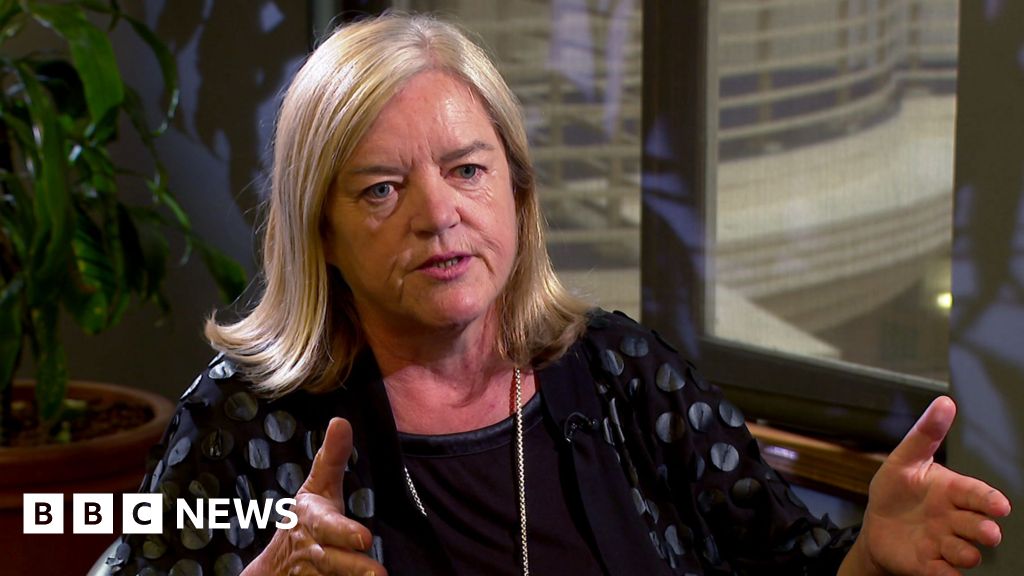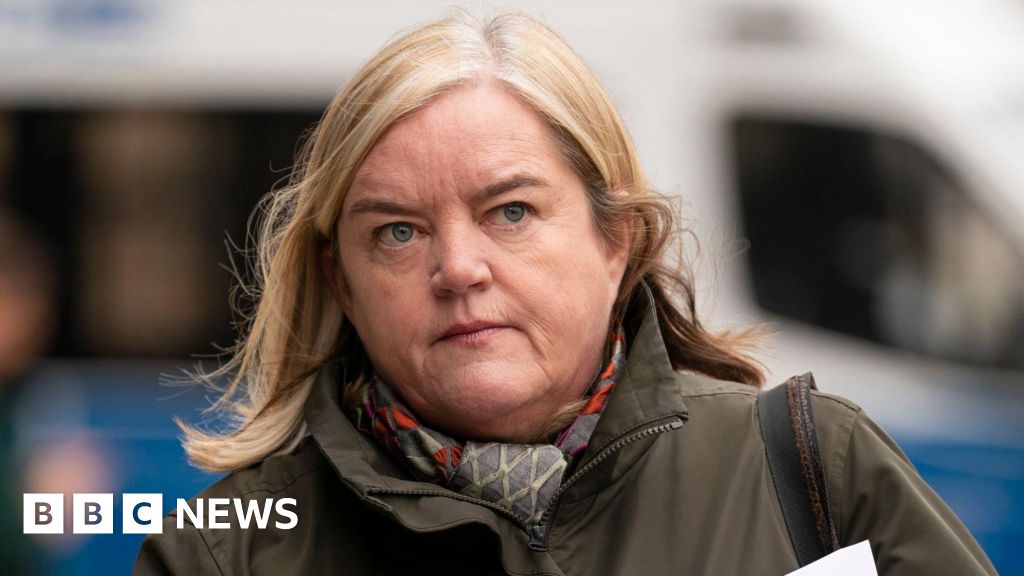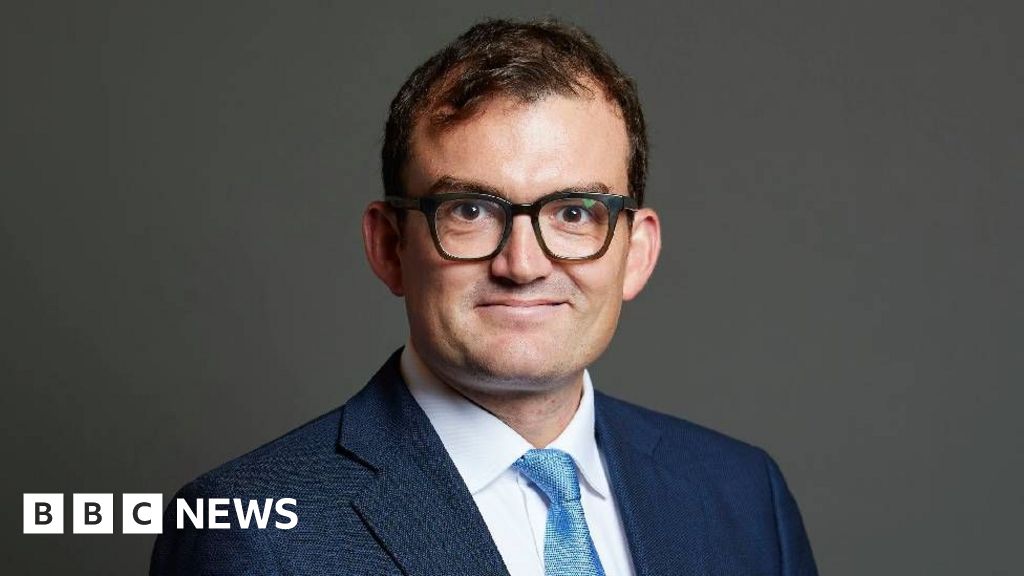ARTICLE AD BOX
Sir Keir Starmer’s chief of staff received a pay rise after the election which means she is now paid more than the prime minister.
The BBC has been told that Sue Gray asked for and was given a salary of £170,000 - £3,000 more than the PM and more than any cabinet minister – or her Conservative predecessor.
One source told the BBC: “It was suggested that she might want to go for a few thousand pounds less than the prime minister to avoid this very story. She declined.”
The decision has ignited a row within government over Gray, whose report while a senior civil servant into parties in Downing Street during the pandemic contributed to the downfall of Boris Johnson.
She then went on to work as a Labour Party adviser.
Her Conservative predecessor Liam, now Lord, Booth Smith, who did the job under Rishi Sunak, was paid at the upper end of the highest pay band for special advisers, between £140,000 and £145,000 a year.
The boost in Sue Gray’s pay comes after the prime minister signed off a rebanding of the salaries for special advisers shortly after taking office.
The rebanding was done by officials, not by Gray herself and her salary is not at the top of the new highest band for special advisers.
News of Sue Gray’s pay rise, briefed to the BBC by a number of Whitehall sources, is the latest in a line of leaks about her which paint a picture of fractious relationships at the very top of government, just months into Labour’s tenure.
“It speaks to the dysfunctional way No10 is being run - no political judgement, an increasingly grand Sue who considers herself to be the Deputy Prime Minister, hence the salary and no other voice for the Prime Minister to hear as everything gets run through Sue,” one insider told the BBC.
The prime minister earns £166,786.
One angry government insider branded Gray's pay “the highest ever special adviser salary in the history of special advisers”.
Others in government speak passionately in Sue Gray’s defence and believe there is a misplaced and deeply personal campaign against her which is grossly unfair.
A government source said “any questions should be directed at the process and not an individual.”
Gray’s salary has sparked such a row in government partly because other advisers believe that they are being underpaid.
Every cabinet minister has at least two special advisers, many of whom also worked with them in opposition.
Then, they were paid by the Labour Party.
Most were expecting pay rises upon entering government only to discover they would in fact be paid less.
Many of the disappointed advisers blame Gray specifically - although others insist that pay is a matter for civil servants.
The majority of those on the committee within Whitehall responsible for special advisers pay and conditions are civil servants, but both Gray and Morgan McSweeney, the prime minister’s director of political strategy, are on it too.
“It’s bizarre,” one furious adviser told the BBC. “I’m working harder than ever in a more important job and they want to pay me less than the Labour Party was paying me when it was broke.”
These frustrations are not confined to junior advisers.
A source claimed that the prime minister’s director of communications, Matthew Doyle, was initially offered a salary of £110,000, significantly less than Gray’s.
This was later raised to £140,000, a figure in line with several of his predecessors doing the same job.
There is no suggestion there was any anger internally over Doyle’s pay.
Many special advisers worked for weeks without being shown a proposed employment contract, meaning that by the time they discovered what their salary would be they had essentially no choice but to accept it.
Again, Gray was widely blamed for the delay in formal contracts being circulated.
When Gray was hired as Starmer’s chief of staff in 2023 she was tasked with working on Labour’s preparations for government.
Special advisers see the row over their salaries as a sign that the work was not carried out in enough detail.
“If you ever see any evidence of our preparations for government, please let me know,” one adviser said.
When a new government is elected dozens of new special advisers arrive all at once.
To ensure people are paid immediately, they were each put on a holding salary, while the new pay bands were worked through.
Others questioned why the initial batch of ministerial appointments, which Gray oversaw, took so long given the chief of staff had had months to plan.
A minister for the Middle East, Hamish Falconer, was not appointed until 18 July, two weeks after the general election.
Successive Conservative governments also explored increasing the pay of special advisers, before concluding “the politics is wild,” as one Tory source put it, of giving advisers pay rises when millions of households were struggling with the cost of living.
Under both Boris Johnson and Rishi Sunak, proposals for increases were fully worked up, we are told, “but they were rejected because they were seen as indefensible.”
Those in government now argue the pay of special advisers had become well out of step with others in Whitehall and needed to go up.
But others still think Sue Gray’s pay is excessive.
A Cabinet Office spokesman told the BBC: “It is false to suggest that political appointees have made any decisions on their own pay bands or determining their own pay.
"Any decision on special adviser pay is made by officials not political appointees. As set out publicly, special advisers cannot authorise expenditure of public funds or have responsibility for budgets.”

 8 months ago
34
8 months ago
34








 English (US) ·
English (US) ·